We rent a car for the day and head into the mountains to Japarbek Jianglihan’s house. We enter the mountains flushed with an exuberant sun and spring’s first green. The mountain roads we take wind up through a deep colorful valley. We are alone in the expanse and slip through the scenery. It is a clear day to breathe the great wide open. And too soon, I find that we have entered Zhuan Dai Village just below the Zhuan Dai Mountain Pass

We arrive to the magic mountain home, just at the entrance of the village, hugging the mountain dotted with grey, black and white sheep. Japarbek is glowing with happiness and excitement. He is suddenly a kid, eager, proud, and excited to play the Dömbra for his impromptu guests. He has instantly dropped all of his work for the day - tending to his newborn sheep, watching the others graze - to spend the day with us, blessing the afternoon with an endless concert. Even when we are tired, from listening and concentrating, he wants to continue to play, eager to express all his happiness and play for us all the songs that he once knew.

He wants to slaughter a sheep, and heaps presents on us. Endless gifts of generosity. Tea and Beshparmak of course. Milk and tangy homemade blueberry jam.
Japarbek puts on his best clothes. Finding his white head cover to be a little bit dirty, he goes to the store that he and his family keep to make extra money and pulls out a new bright white head cover. He slips on his velvet jacket and his grandson too puts on the decorations of the day.

A Father’s Dream
Japarbek was born in 1946, and started to play when he was only four. Encouraged by his father, he would play when visitors entered the house, and take his Dömbra to the neighbor’s whenever possible. His dad, determined to have a master Dömbra player in the house, would take the young Japarbek with him to every ceremony, feast or party where his son could listen to Dömbra. His father believed that music starts with the ears and wanted to place the seed of the Dömbra in his son. And so the young Japarbek attended every wedding and Akyn competition in the neighboring villages, discovering his local geography and building his ear.

Japarbek was able to study five years in elementary school, but the family did not have enough resources for him to continue. He would tend to the family and its sheep, walking in the great expanse of the pastures and grassland. Perhaps the second ingredient for a master Dömbra player
In 1957 a Kazakh movie was played in the outdoor movie theatre in Qinghe town. Japarbek attended and was mesmerized. But, he was mesmerized not by the movie or the beautiful actors – but by its soundtrack. The movie featured a Dömbra player who gently stroked the song “Hei Ze Ma” or black stallion, a song written by the famous Dömbra composer, Baisembai. This song was to mark Japarbek, leaving a strong impression on his soul and a restlessness in his fingers.

Hearing the song “Hei Ze Ma” Japarbek said that he realized that the Dömbra could tell life. The instrument could translate feelings and the rhythms of his life on the plane. “Hei Ze Ma”, clearly brought to life the galloping of the stallions in the summer pastures, and he awoke to the fact that the Dömbra could tell the story of his people.

Coming home late from the movie, he played the song by heart for his father. His father was moved to tears, seeing that his son had learned the secret of the Dömbra. Japarbek says that he too was happy to have fulfilled his father’s dream, and from that time on the Dömbra would be an essential partner in his life. He turned to his Dömbra with new diligence, and a bequeathed sense of responsibility.

We sit in Japarbek’s three-room house, sitting on the raised surface of the bed/living room, surrounded by the piles of dowry shyrdaks and covers that his wife brought with her years ago for their marriage. We sit and listen to Japarbek play, some songs that he remembers well, others from which he only plays a few verses. He plays over 40 songs for us, and the morning slips into the afternoon and then into the early evening. He says that he could play until morning, and I wish that we could stay. I would just lie down on the colorful felt shyrdaks and dream away, thinking of nations and music and people and the freedoms of a nomadic life surrounded by family.

But our driver wants to go back to town, and we reluctantly get back into the car and slip away from Japarbek’s colorful home, returning to the dusty cement county center. Leaving some part of beauty.


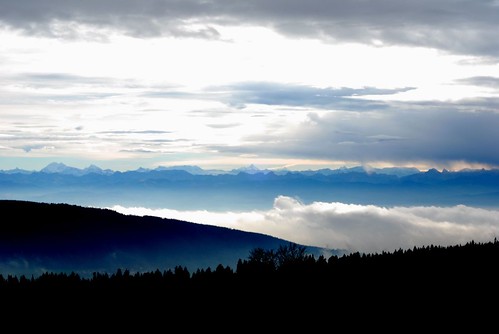
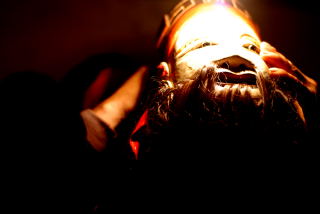
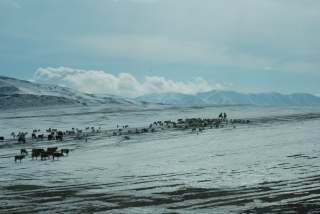
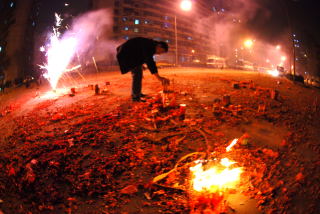
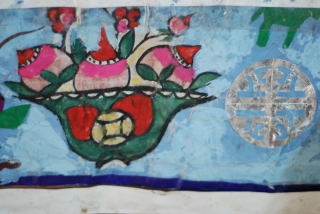

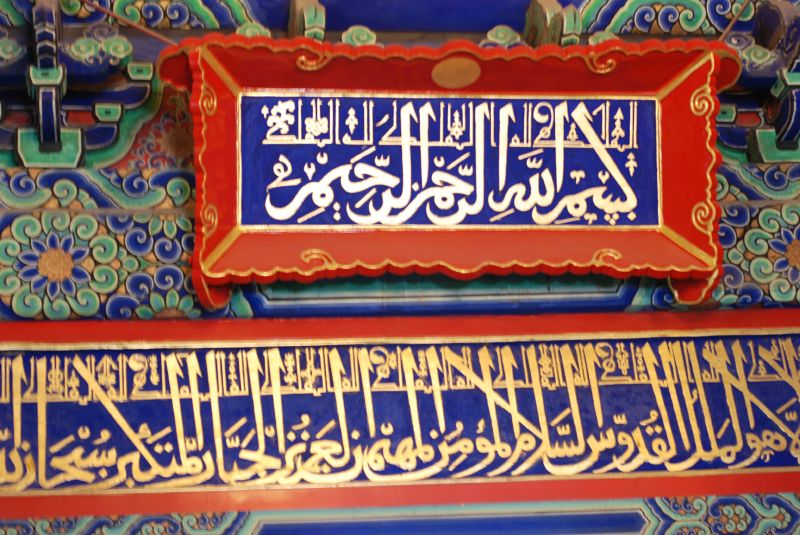

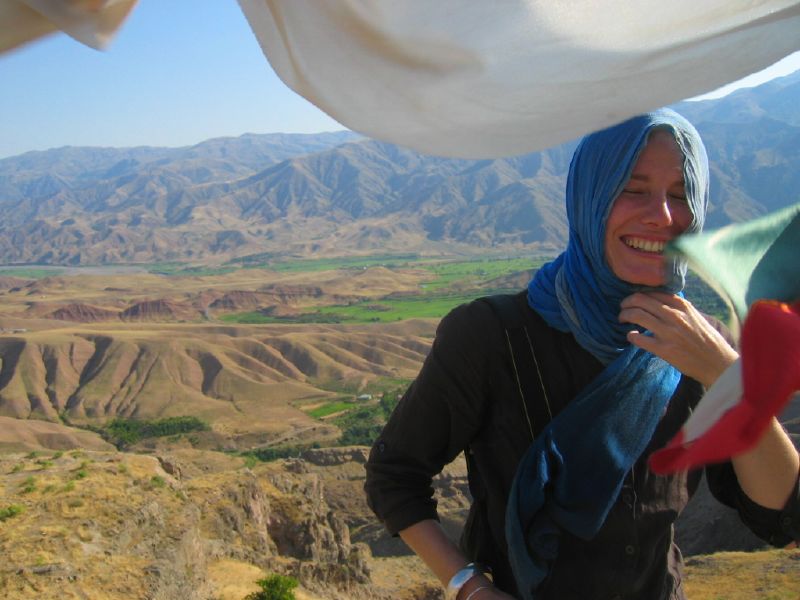
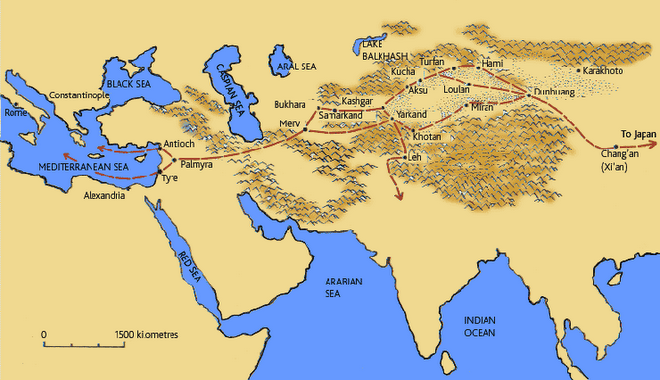
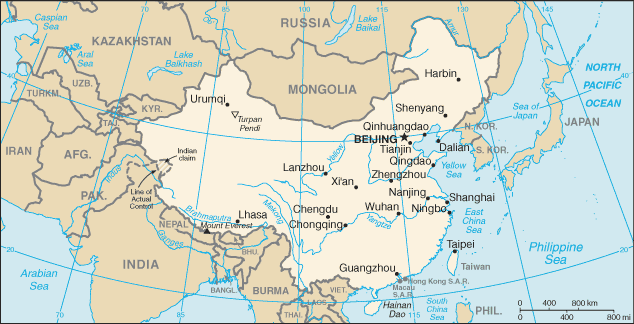

2 comments:
Very beautiful and touching post! Is there any way we can listen to the music?
Hey Leila. sorry for the late response. Song Yu Zhi and I should be making a radio program this fall - using the music we recorded. Will put the details on the blog later. Hope you will be able to tune in.
Post a Comment